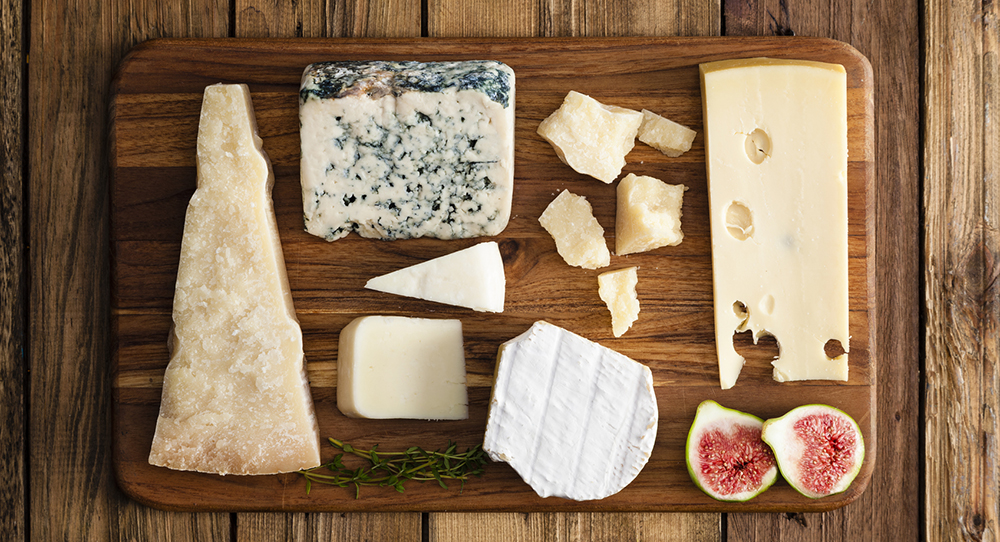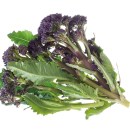Real nutrition: cheese please
Spread, smear, slice, wedge or grate – just be sure to get the good stuff, says nutritionist Eve Kalinik

Cheese-making has been on the board for some 9,000 years and, for the vast majority of those, it was practised as a traditional, artisanal craft. But, with the introduction of mass-produced rennet, which allowed cheese to be factory-made in bulk, modern ‘fake’ cheese is a far cry from its wholesome ancestor.
Fortunately, the traditional process has recently seen a trendy renaissance, with smaller, farm-based producers offering the most exceptional varieties.
Incredible flavour aside, this also makes for a far more nutritionally superior slice, and a bona fide, wholly healthy addition to the diet. There’s also a lot to be said for food that is made with personal dedication, patience, respect and passion – all integral parts of the cheese-making process – which feed our spirit, too.
Cheese is often snubbed for its high fat content, but it’s trans fats that we need to avoid, rather than the moderate amounts of natural saturated fat found in cheese. Good saturated fat has now been linked to the prevention of certain chronic diseases, as well as being found to be an effective tool for weight management.
Most notably, cheese is an excellent and easily absorbed source of calcium, that helps to support bone health (for this reason, it’s also a truly fabulous snack for growing children). It also provides a good source of vitamin B12, important for energy and the formation of red blood cells; and helps to boost daily protein intake.
Of course, separating your good-quality cheese from your processed stuff is the main thing. So do be discerning when you are buying – you want cheese with no additives or preservatives on the label. Even better, buy from producers directly – farmers’ markets are great for this.
If you are someone who suffers from symptoms related to cow’s milk, try the goat or sheep versions, as these tend to be better tolerated by most.
Generally speaking, or unless you are pregnant, try to opt for full-fat and unpasteurised varieties (often labelled, ‘made with raw milk’ in the supermarket), which are bursting with live, beneficial bacteria that help to support a healthy gut. They also contain more fat-soluble vitamins, natural probiotics and additional essential omega 3s.
Shop: La Fromagerie – a connoisseurs’ mecca. The London shop houses a range of the finest varieties. lafromagerie.co.uk
Read: Nick Haddow’s Milk. Made (Hardie Grant, £20) – how to choose, serve and eat cheese, with brilliant recipes.
Eat: Westcombe Mature Cheddar, £3.40 – unpasteurised organic, and seriously tasty. ocado.com
Read more from Eve Kalinik by visiting evekalinik.com, You can follow her on twitter: @evekalinik
Photograph: iStock








